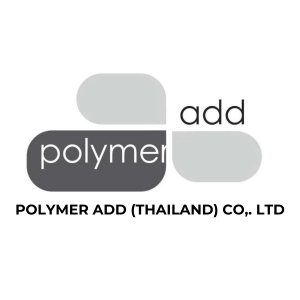Micronized Sodium Sulfate (finely ground sodium sulfate) finds several applications in the glass industry, particularly in glass manufacturing and processing. Some of its primary uses in the glass industry include:
Batch Formulation
Sodium sulfate is used as an ingredient in the batch formulation for making glass. It is added to the mixture of raw materials, such as silica sand, soda ash (sodium carbonate), and limestone, to aid in the melting and refining of the glass batch. Sodium sulfate can help lower the melting temperature of the glass and promote homogenization of the batch.
Fluxing Agent
In the glass-making process, sodium sulfate acts as a fluxing agent. It reduces the viscosity of the glass melt, which makes it easier to work with and helps achieve a smoother and more uniform glass surface.
Decolorizing Agent
Sodium sulfate can function as a decolorizing agent in glass manufacturing. It helps remove or reduce the presence of coloured impurities in the glass, resulting in clearer and more transparent glass products.
Dehydrating Agent
In certain glass formulations, sodium sulfate serves as a dehydrating agent. It helps remove water or moisture from the raw materials or the batch, which is essential to prevent defects and bubbles in the final glass product.
Glass Fiber Production
Sodium sulfate can be used in the production of glass fibres, which are used in various applications, including insulation and reinforcement. It helps lower the melting temperature of the glass, making it suitable for the fiberization process.
Refining Agent
Sodium sulfate can aid in refining the glass melt, reducing the presence of bubbles, streaks, or other defects that can affect the quality of the glass.
